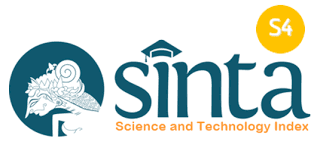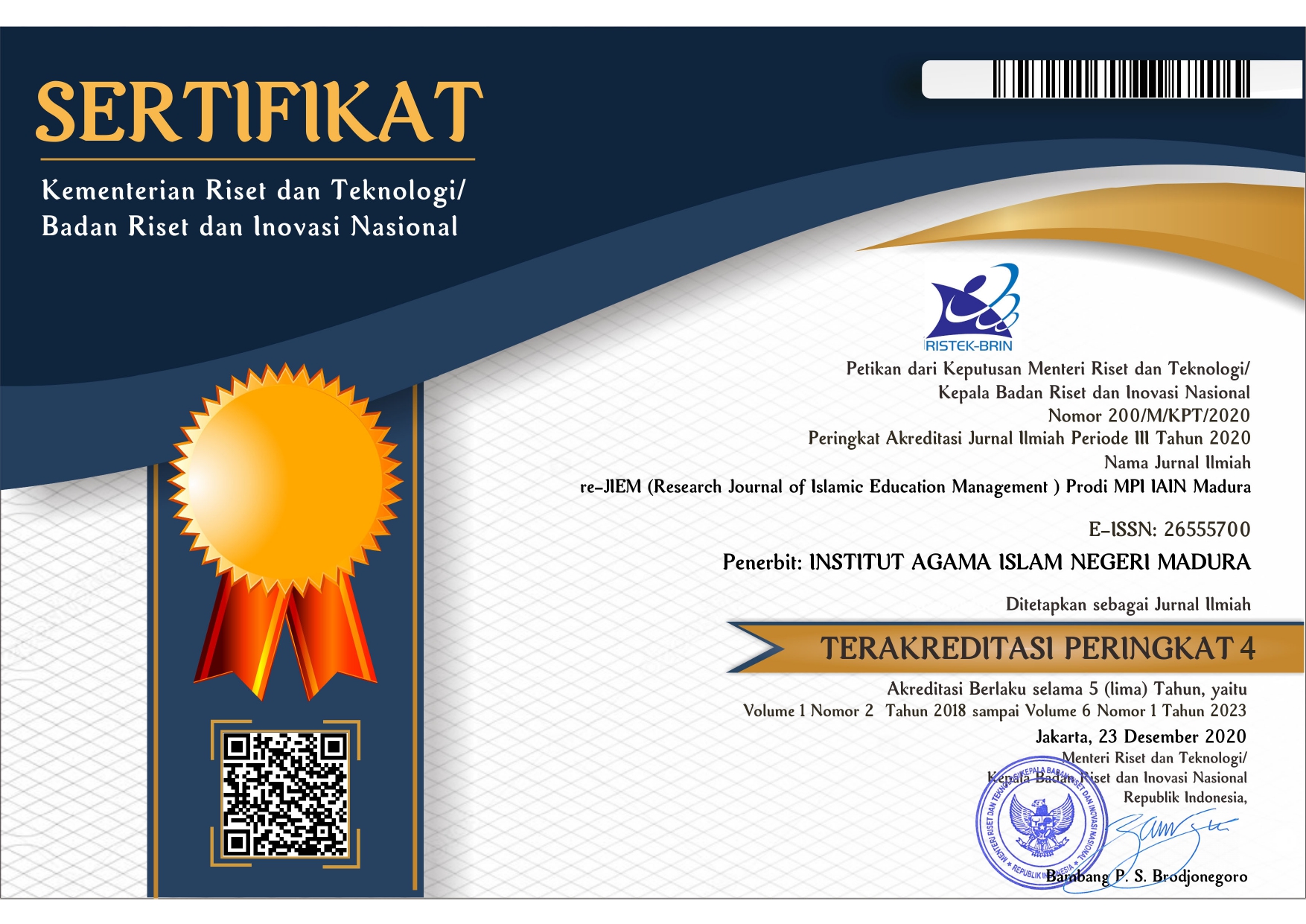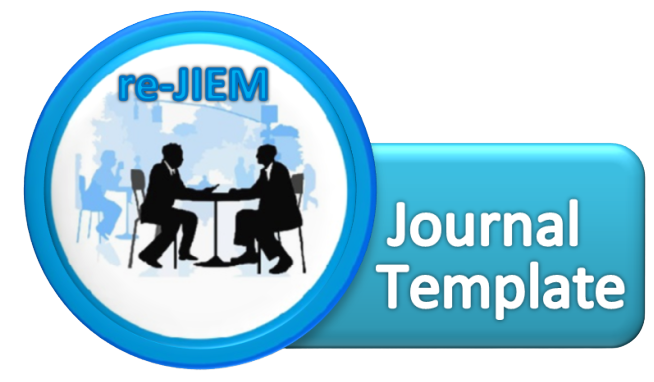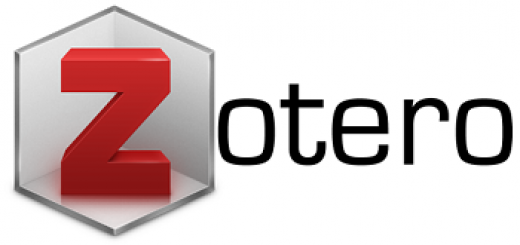HUBUNGAN ANTARA MANAJEMEN LAYANAN BIMBINGAN DAN KONSELING (BK) DENGAN KARAKTER MANDIRI SISWA DI MTS BANYUAYU KADUR PAMEKASAN
 Abstract views: 208
,
Abstract views: 208
,
 PDF downloads: 320
PDF downloads: 320
Abstract
The problems that are the main study in this research, namely: first, is there a relationship between the management of guidance and counseling services with the independent character of students: second, how big is the relationship between the management of guidance and counseling services and the independent character of students. This study uses a quantitative approach with a descriptive type. Sources of data were obtained through questionnaires, interviews, observation, and documentation. The results of this study indicate that: 1. The relationship between the management of guidance and counseling services and the independent character of students at MTS Miftahul Ulum Banyuayu Kadur Pamekasan. 2. The purpose of guidance and counseling services. 2. Values that can build students' independent character. 4. Development program for independent character-based guidance and counseling services. 5. Independent character education in the management of guidance and counseling services. Fostering good relations between teachers and students, between teachers and guardians of students, between teachers and the community or the surrounding environment.
Downloads
References
Elfira, Ninil. “Peningkatan Kemandirian Belajar Siswa Melalui Layanan Bimbingan Kelompok.” Konselor 2, no. 1 (2013): 279–82. https://doi.org/10.24036/0201321728-0-00.
Fadlillah, Muhammad, and Lilih Mualifatu Khorida. Pendidikan Karakter Anak Usia Dini. Yogyakarta: Ar Ruzz Media, 2013.
Fathurrahman, Pupuh, Aa Suryana, and Fenny Fatriany. Pengembangan Pendidikan Karakter. Bandung: Rafika Aditama, 2013.
Fatihah, Fatihah, and Moh. Hafid Effendy. “Penerapan Kurikulum 2013 Dalam Pengembangan Karakter Siswa Di Ma Al-Falah Branta Tinggi Tlanakan Pamekasan.” Re-JIEM (Research Journal of Islamic Education Management) 2, no. 1 (2019): 213–22. https://doi.org/10.19105/re-jiem.v2i1.2462.
Kurniawan, Syamsul. Pendidikan Karakter. Yogyakarta: Ar Ruzz Media, 2013.
Margono, S. Metodologi Penelitian Pendidikan. Jakarta: Rineka Cipta, 2001.
Naim, Ngainun. Character Building. Yogyakarta: Ar Ruzz Media, 2014.
Salahudin, Anas. Bimbingan Dan Konseling. Bandung: CV. Pustaka Setia, 2003.
Santoadi, Fajar. Manajemen Bimbingan Dan Konseling Komprehensif. Yogyakarta: Universitas Sanata Dharma (Prodi BK USD), 2010.
Subana, and Moersetyo Rahadi. Statistik Pendidikan. Bandung: Pustaka Setia, 2000.
Sudijono, Anas. Pengantar Statistik Pendidikan. Jakarta: Raja Grafindo Persada, 2003.
Sukitman, Tri. Bimbingan Konseling. Yogyakarta: Diva Press, 2015.
Tamlihah, Tamlihah, Abd. Mukhid, and Hilmi Qosim Mubah. “Implementasi Manajemen Kurikulum Pesantren Dalam Membentuk Karakter Mandiri Santri Di Pondok Pesantren Nurus Sibyan Ambat Tlanakan Pamekasan.” Re-JIEM (Research Journal of Islamic Education Management) 3, no. 1 (2020): 96. https://doi.org/10.19105/re-jiem.v3i1.2957.
Yusuf, Syamsu, and Juntika Nurihsan. Landasan Bimbingan & Konseling. Jakarta: Remaja Rosdakarya, 2008.
Copyright (c) 2021 Ahmad Syarif Hidayat , Buna'i

This work is licensed under a Creative Commons Attribution-ShareAlike 4.0 International License.
Authors who publish with this journal agree to the following terms:
Authors retain copyright and grant the journal right of first publication with the work simultaneously licensed under a Creative Commons Attribution-ShareAlike 4.0 International License that allows others to copy and redistribute the material in any medium or format with an acknowledgment of the work's authorship and initial publication in this journal and also allows to remix, transform, and build upon the material for any purpose, even commercially with contributions under the same license as the original.
Authors are able to enter into separate, additional contractual arrangements for the non-exclusive distribution of the journal's published version of the work (e.g., post it to an institutional repository or publish it in a book), with an acknowledgment of its initial publication in this journal.
Authors are permitted and encouraged to post their work online (e.g., in institutional repositories or on their website) prior to and during the submission process, as it can lead to productive exchanges, as well as earlier and greater citation of published work.



























